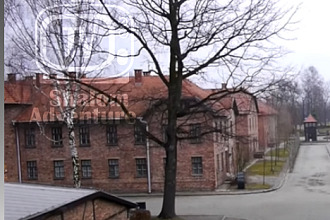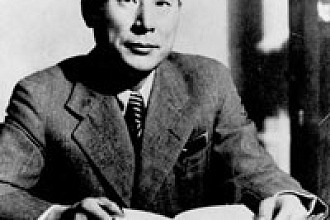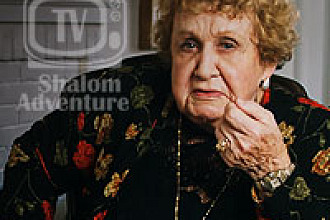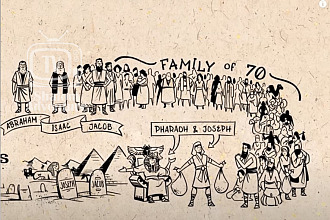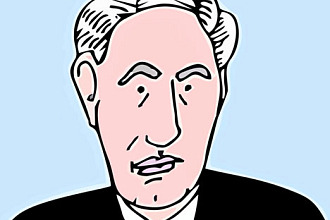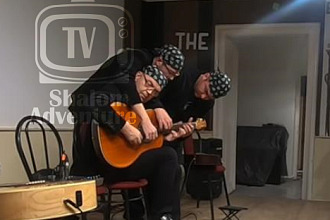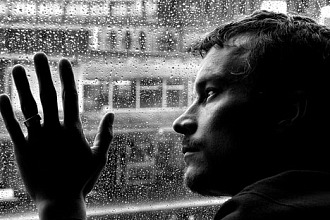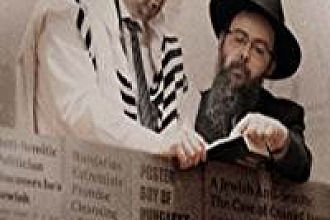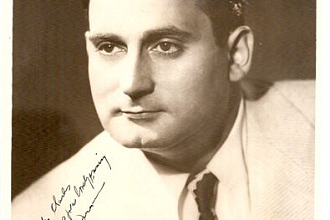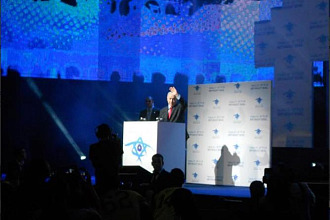Is there really abuse in the Jewish community?
Abuse does not favor one religious, economic, religious, or ethnic group over another. It is found in all groups—including the Jewish community. It also does not favor more conservative or more liberal groups—it is found across the spectrum of Jewish affiliations (and lack of affiliation). We do not have good numbers as to the incidence of abuse in the Jewish community; many Jews and Jewish groups are uncooperative in identifying the problem. Many involved in the field suggest that the incidence of abuse is on par with that of other communities.
Am I the only Jewish woman who has ever been abused?
Because of the long history of stereotypes—Jewish men make the best husbands (truth is, many of them do, although the Jewish community does not have a monopoly on this market!) and that Jewish marriages are loving, supportive and solid—it has been difficult for Jewish women to identify themselves as being abused, difficult to get the help that they need, and difficult to make hard decisions about their futures.
Isn't the wife responsible for Shalom Bayit (peaceful and harmonious domestic relations)?
Shalom Bayit is everyone's responsibility. It includes cooperation, patience, mutual respect and understanding. Making one person responsible for the success of a relationship undermines the very nature of a relationship that is to be based on mutuality, collaboration and teamwork.
How can an abused woman talk about her abuse or go for help? Won't she be "airing her dirty laundry" in public?
As a small and historically vulnerable community, Jews are particularly concerned about their reputations, as well as the reputation of the Jewish community. This is often summed up by the Yiddish word "shonda" which means shame, scandal, disgrace... and a whole lot more. Exposing violence and misconduct is objectionable. Admitting to a failed marriage is often seen as abhorrent. Yet, the real "shonda" is the victimization of innocents and the failure of women and children—and sometimes men as well—to be protected and safe in their homes and relationships. The real "shonda" is not labeling abuse for what it is and allowing people to suffer in silence.
What does Judaism have to say about abuse?
Jewish tradition is very clear: it is forbidden for one person to harm another. This includes physical abuse: the Talmud states that it is forbidden to even raise a hand against another; sexual abuse: Jewish law recognized the unacceptability of marital rape more than 2,000 years ago; emotional abuse: Jewish law prohibits humiliating or belittling another person through word and deed; and economic abuse: the Talmud states that a husband must generously provide for his family (in today's society this responsibility is often shared by both partners).
Isn't it lashon ha-ra (slander) to speak out against an abuser?
"Lashon ha-ra" is the Hebrew phrase for derogatory speech which includes libel and slander. The Torah states (Lev. 19:16): "You shall not walk around as a talebearer against your people; do not stand on the blood of your neighbor." This verse is interpreted to mean that speaking lashon ha-ra is tantamount to murdering them (in fact you can easily kill someone's reputation this way). It is often assumed that speaking critically about an abuser would be restricted by this verse. Nothing could be further than the truth! In fact, just as speech can be a killer—so too can silence. If remaining silent will bring harm there is an obligation to speak out against a perpetrator, even if his reputation will be damaged.
Isn't it improper for Jews to inform on other Jews?
Historically this is accurate and to be a "moser" (informant) was considered to be one of the gravest sins a person could commit. Throughout much of Jewish history Jews were a small, vulnerable and persecuted minority. Informing on a fellow Jew to the non-Jewish authorities not only threatened the safety and well-being of the one reported, but it threatened the security of the entire Jewish community. This is not the case today when Jews, although still a small minority, enjoy the legal protections and rights afforded to all citizens. In addition, while some would suggest that dealing with internal Jewish matters was better served by a Bet Din (rabbinic tribunal) according to Halacha (Jewish law), these tribunals today do not have the authority or power to deal with these matters. Not going to the civil courts and law enforcement would be irresponsible.
What is a "get"? What is an "agunah"?
When divorcing (and Jewish law allows for and, at times, requires divorce) a couple requires both a civil decree and a religious divorce. Religious divorces are arranges by a Bet Din (rabbinic tribunal) and include the delivery of a "get" (Jewish divorce document) from the husband to the wife. Jewish law requires that both parties participate in this ceremony willingly and without coercion. There are cases when a party refuses to cooperate (most often the husband) making it impossible for the other to remarry. A woman who is refused a "get" is referred to as an "agunah" (a chained woman). "Get" refusal is often another form of abuse as it enables one party to exercise inappropriate power and control over the other.
What does Judaism say about stopping abuse?
Jewish tradition mandates our involvement in stopping oppression and harm wherever and however it is perpetrated. "Do not stand idly on the blood of your neighbor" (Lev. 19:16) is one example of the Torah's mandate for intervention. The concept of "tikkun olam" (mending the world) is an expression of the prophetic calls for social justice and responsibility...
Originally found here
Picture originally found here




